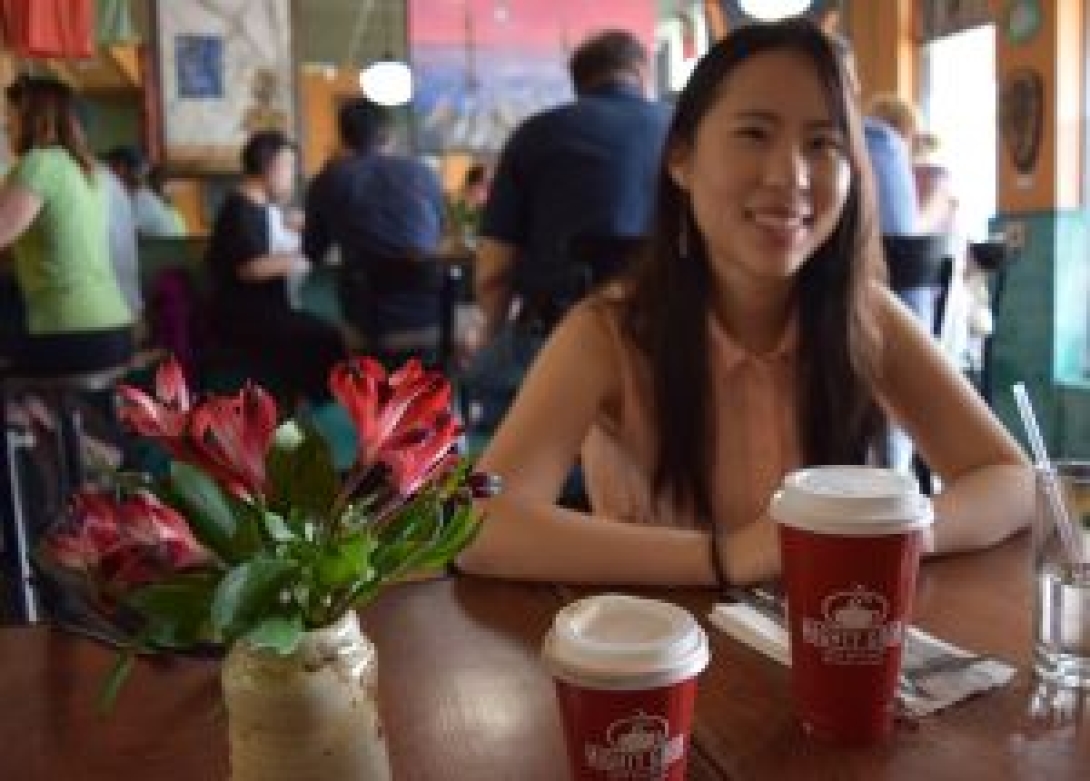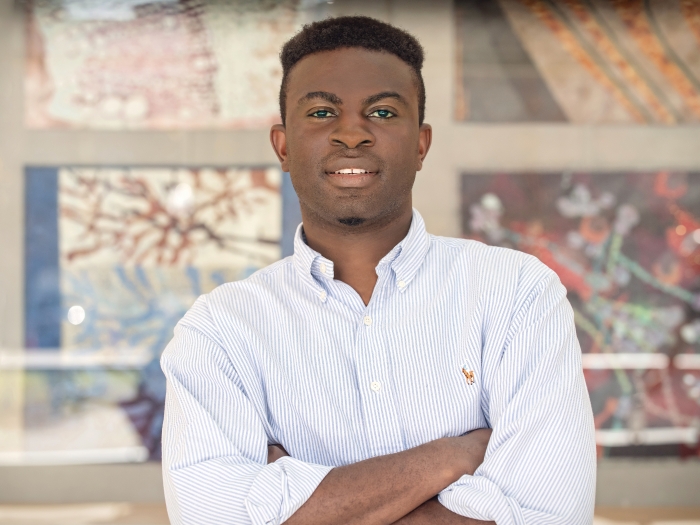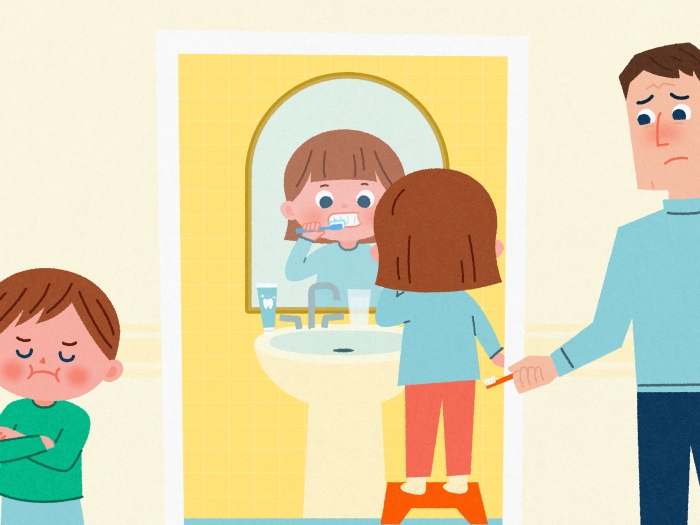I've been in medical school for 11 months and 15 days. For the past couple of months, I've found fewer and fewer things shock me. I'd like to think it's a good thing—I've become acclimated to the medical community and a quarter of a way closer to becoming a physician. But mainly it seems as if I've just become more desensitized.

During the first few months of medical school, everything seems novel and eye-opening. It's not about the practice of medicine per say – everyone probably has done a fair amount of shadowing prior to entering medical school. It's more about the fact that you're embarking on a journey in which you become responsible for the lives of someone else. There's something magical in that.
As such, many things take on new meaning when I started medical school. When talking to a patient, I wasn't just talking to a patient, but to someone who could someday be someone like my patient. A HPI became not just a series of meaningless random questions, but a systemic process that would help me reach a diagnosis. Patient panels were more riveting than an episode of Game of Thrones. And then of course, there was anatomy.
Admiring peonies in bloom at Nichols Arboretum

There are few things as defining about medical school as anatomy. It seemed like all along the interview trail, medical schools were showing anatomy labs as part of their campus tours – although I never really understood why. But looking back over the year, even though I've long forgotten what happened during our 2 weeks of orientation or details of our doctoring sessions, I still distinctly remember the first time we walked into the anatomy lab and looked at the face of our donor.
As I made the first cut into the back of our cadaver, there was a deep sense of awe and also a bit of fear too. What we were doing did not seem natural – it felt as if I was breaking some unspoken rule of the universe – I couldn't help but see a face to my donor. Even though the feeling faded over time, I still remember feeling a faint sense of unease throughout the first half of the year. But somewhere along the way, instead of being novel, a lot of things became the new normal.
It isn't the first time for me where things once novel became "normal" or part of a routine. After I graduated college, I joined Teach For America (TFA). My first few months teaching were utter chaos – I had students throwing water bottles at each other and totally ignoring me during the lesson. It was dark outside when I got up and equally dark when I got back to write my lesson plans for the next day. While I didn't necessarily mind the long hours, the sense of feeling completely out of my comfort zone and that I was making little difference was difficult. But as the weeks went by, even the utter chaos that was my classroom became normal in that I could almost no longer perceive the destructive patterns. Sometimes looking back, I wonder how something so crazy could have ever become "normal"?

Perhaps it is a coping mechanism that allows us to see things once shocking as normal – at least that is what we often thought in TFA. It could be also why we are able to dissect the face at the end of the year in anatomy when even looking at the cadaver in the beginning of the year fazed so many of us.
Enjoying a relaxing Saturday morning at Juicy Kitchen

But what do you do when the "newness" of something wears off? Is the feeling of things being "normal" even justified? For me, in teaching, it was clearly a no. It was wrong that I had come to see a dysfunctional classroom as typical. But it took me the summer when I finally had time to take a seat back and contemplate the year as a whole to figure that out. When I started my second year of teaching while I might not have been as green or untried as I was in my first year, I was still just as ready for an adventure and able to recapture some of the feeling of novelty to teaching that had seemed to fade towards the end of my first year. While I think some amount of acclimation and acceptance is helpful – it helps me do things I would otherwise be too paralyzed in fear to do, some amount of everlasting feeling of newness is needed too to keep me on my toes. I'd like to take this summer to recapture some of the magic so to say.

Department of Communication at Michigan Medicine
Want top health & research news weekly? Sign up for Health Lab’s newsletters today!




